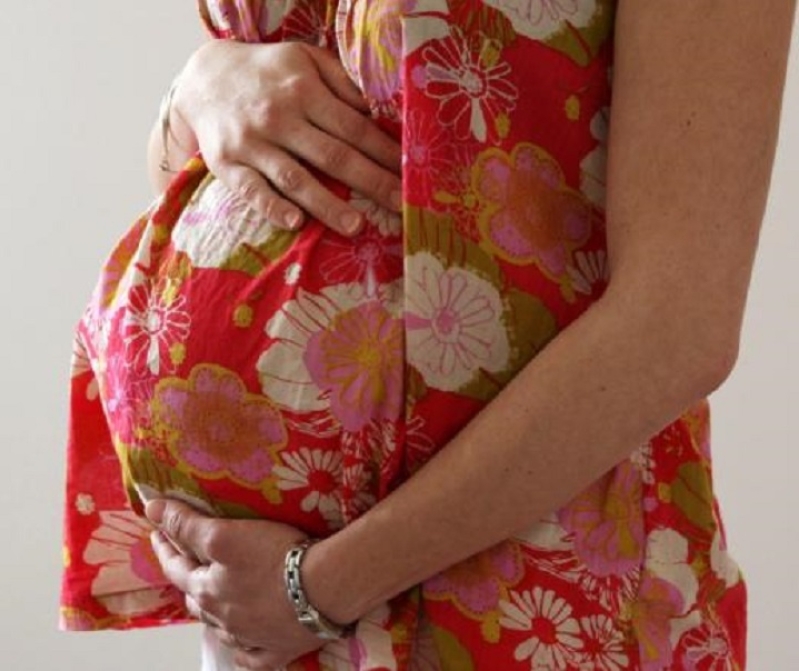
The Alabama Supreme court gave a unanimous decision recognizing the personhood of the unborn from the time of conception, specifically with regard to the Wrongful Death Act, the Homicide Act and the chemical endangerment statute, in “one of the most pro-life opinions” by a court since Roe v. Wade.
"This decision is the best way to begin the new year," Personhood Alliance president Daniel Becker said, according to LifeSiteNews. "By insisting on the equal protection of the right to life of the preborn child from the moment of conception, Alabama is leading the nation in a return to a culture of life."
The Supreme Court reversed the decision of a lower trial court in the case of Stinnett v. Kennedy, which involved the death of Ms. Kimberly Stinnett’s baby inside the womb, reportedly because of malpractice on the part of obstetrician Karla Kennedy.
On May 11, 2012, Stinnett, who was approximately six weeks pregnant, complained of stomach pains. She contacted her doctor, William Huggins, but he was unable to answer her call. Instead, another obstetrician named Karla Kennedy, who was sharing calls with Huggins for the weekend, replied to her.
Kennedy told her to go to the hospital. Stinnett had a history of miscarriage and ectopic pregnancy, so Kennedy had her examined to determine if she was having another ectopic pregnancy. The tests did not indicate that she was.
Kennedy told her there was no sign of ectopic pregnancy, although she still had “a high suspicion” that Stinnett could be having an ectopic pregnancy. On May 13, Kennedy ordered that Stinnett be administered with methotrexate, a drug used to terminate ectopic pregnancies.
The following day, Dr. Huggins took over Stinnett’s care and discovered that she had an intrauterine pregnancy, not an ectopic one. However, it was already failing at that point because of the methotrexate administered to her. Stinnett eventually had a miscarriage a few weeks later.
She sued Kennedy and her employer, Women’s Care, for the loss of her pregnancy according to the Wrongful Death Act and for her injuries, mental anguish and post traumatic stress disorder caused by her exprience.
The trial court instructed the jury that state law “did not permit recovery for the loss of a pregnancy or the effects of the loss of the pregnancy.” The jury’s verdict favored the defendants, and the trial court dismissed her lawsuit on April 15, 2016. Stinnett filed an appeal.
The Supreme Court said that the Wrongful Death Act does not contain the term “minor child,” but recent decisions have recognized unborn children, from the time of their conception without regard to viability, as persons. Thus, the Wrongful Death Act applied to them.
“Based on our previous holdings on Mack and Hamilton, we hold that the trial court erred in dismissing Stinnett’s claim alleging wrong death based on the death of her previable unborn child,” the Supreme Court said in the ruling. “Nor do we find that Dr. Kennedy was due a summary judgment on the wrongful-death claim on lack-of-proof-of-causation grounds or that the judgment of the trial court is due to be affirmed on the basis of the doctrine of collateral estoppel.”
“Accordingly, the judgment of the trial court dismissing the wrongful-death claim is reversed and the case remanded for further proceedings consistent with this opinion,” the Supreme Court said.
Becker considered the Alabama Supreme Court’s decision as “one of the most pro-life opinions written by any American court since Roe v. Wade.”
"We are hopeful that other courts will follow Alabama's example and begin to recognize the equal protection of the right to life of the preborn child from conception," he said.






